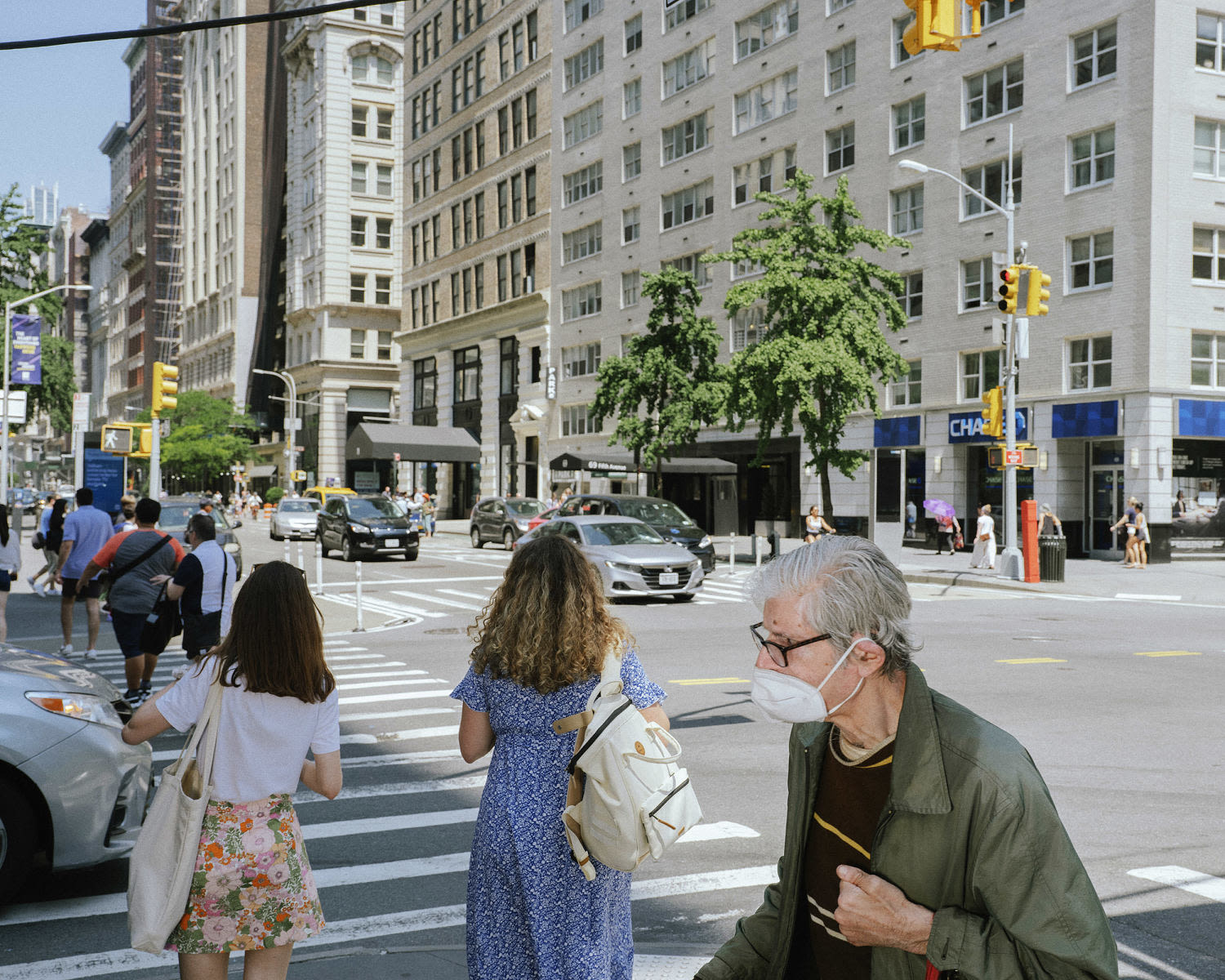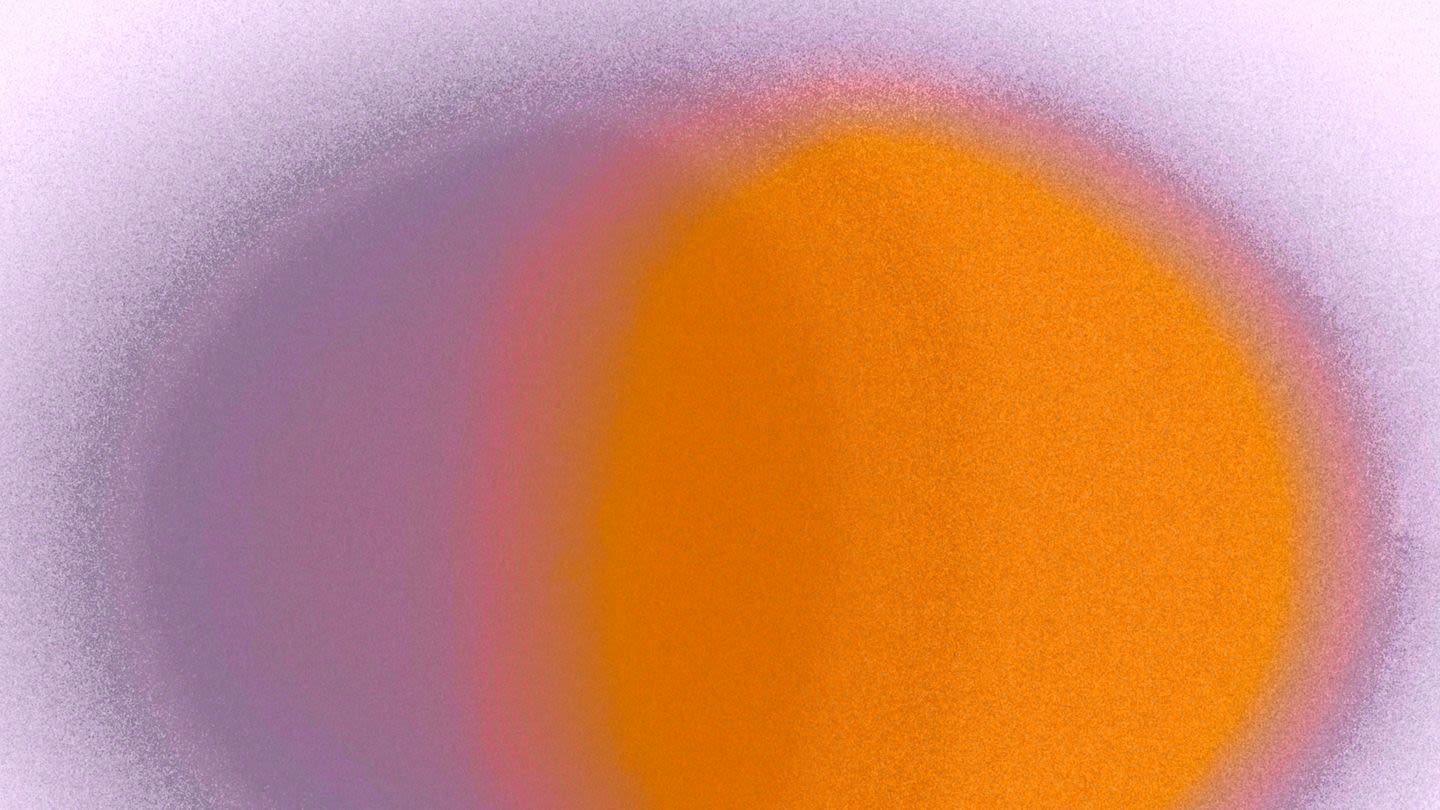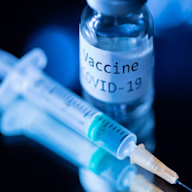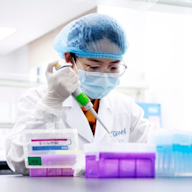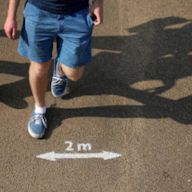Search results
Severe acute respiratory syndrome coronavirus 2 (SARS‑CoV‑2) is a strain of coronavirus that causes COVID-19, the respiratory illness responsible for the COVID-19 pandemic. The virus previously had the provisional name 2019 novel coronavirus (2019-nCoV), and has also been called human coronavirus 2019 (HCoV-19 or hCoV-19).
Sep 1, 2023 · Variants of SARS-CoV-2, the virus that causes COVID-19, have been reported in many countries around the world. Learn more about the current variants of concern. CDC provides credible COVID-19 health information to the U.S.
News about COVID-19, FLiRT variants, SARS-CoV-2
News about SARS-CoV-2 vaccine, metformin, new-onset seizure risk
Also in the news
Mar 27, 2024 · COVID-19, also called coronavirus disease 2019, is an illness caused by a virus. The virus is called severe acute respiratory syndrome coronavirus 2, or more commonly, SARS-CoV-2. It started spreading at the end of 2019 and became a pandemic disease in 2020.
Oct 6, 2020 · Severe acute respiratory syndrome coronavirus 2 (SARS-CoV-2) is a highly transmissible and pathogenic coronavirus that emerged in late 2019 and has caused a pandemic of acute...
Nov 20, 2023 · 1. What are variants of SARS-COV-2, the virus that causes COVID-19? 2. What is the difference between variants under monitoring, variants of interest, and variants of concern? 3. What can I do to protect myself from SARS-CoV-2 variants? 4. How can we stop new variants from emerging? 5. Do COVID-19 vaccines protect against newer virus variant?
Research and studies. WHO health emergency dashboard →. Weekly COVID-19 Operations Updates →. Detailed WHO surveillance data →. International Clinical Trials Registry Platform →. Origins of the SARS-CoV-2 virus →. Information on COVID-19, the infectious disease caused by the most recently discovered coronavirus.
Aug 9, 2023 · Overview. COVID-19 is the disease caused by the SARS-CoV-2 coronavirus. It usually spreads between people in close contact. COVID-19 vaccines provide strong protection against severe illness and death. Although a person can still get COVID-19 after vaccination, they are more likely to have mild or no symptoms.
